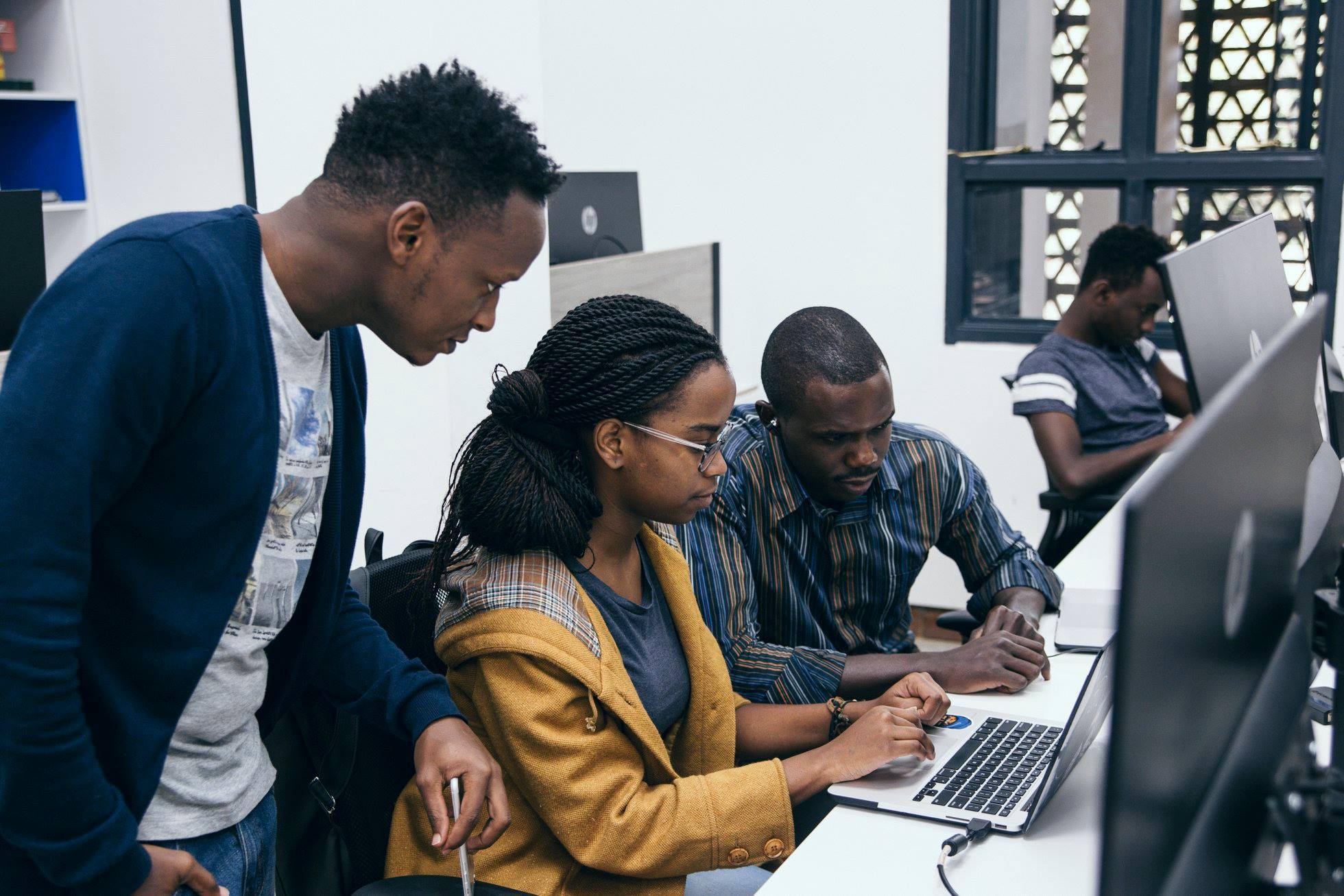The International Monetary Fund (IMF), in its latest Global Financial Stability Report which covers the DeFi market, says DeFi poses risks and instability to financial markets and needs regulation.
What is DeFi?
According to Investopedia, “Decentralised finance is an emerging financial technology based on secure distributed ledgers used by cryptocurrencies. The system removes the control banks and institutions have on money, financial products, and financial services.”
Some of the unique features of DeFi are:
- It eliminates the fees that banks and other financial companies charge for using their services
- Users hold money in a secure digital wallet, instead of keeping it in banks
- Anyone with an internet connection can use DeFi without needing approval
- Funds can be transferred in seconds and minutes
To put this into perspective, in Centralised Finance (CeFi), money is held by banks, corporations whose ultimate goal is to make money. The financial system is full of third parties who facilitate money movement between parties, with each one charging fees for using their services.


Decentralised finance eliminates intermediaries by allowing people, merchants, and businesses conduct financial transactions through emerging technology. Decentralised applications give users more control over their money through personal wallets and trading services that cater to individuals.
Decentralised finance uses the blockchain technology that cryptocurrencies use. Applications called dApps are used to handle transactions and run the blockchain.
The IMF report


The IMF’s Global Financial Stability Report for April 2022 largely focuses on the financial stability risks that the conflict in Ukraine has imposed on the global economy, but also devotes attention to DeFi.
It admits that fintech can increase efficiency, foster competition, and broaden access to financial services, but also states that inadequate regulation and “interconnectedness with the traditional financial system” can have financial stability implications. Specifically, with respect to the crypto space, it refers to digital banks and DeFi.
IMF calls for regulations of DeFi. It worries that its unregulated landscape poses market, liquidity, and cyber risks, concerns that have been put forward many times before. It notes that the absence of centralised entities in the DeFi space makes effective regulation and supervision difficult.
Furthermore, it suggests that authorities “encourage DeFi platforms to be subject to robust governance schemes, including industry codes and self-regulatory organizations. These entities could provide an effective conduit for regulatory oversight.”
Bottomline
DeFi has always been much harder to control for regulators. Its unprecedented and sheer decentralised nature has made creating a cohesive regulatory framework difficult for authorities.
With the growth and adoption rate of DeFi especially in the last two years, lawmakers will focus their attention on it going forward. The DeFi market, which had a size of 72 billion dollars in February 2021, grew rapidly and exceeded 170 billion dollars in November 2021. According to an update in February, it surpassed the level of 106 billion as of February 23.
There has been a lot of news on this lately, but the space is standing firm on its ground. We would see what the future holds.






